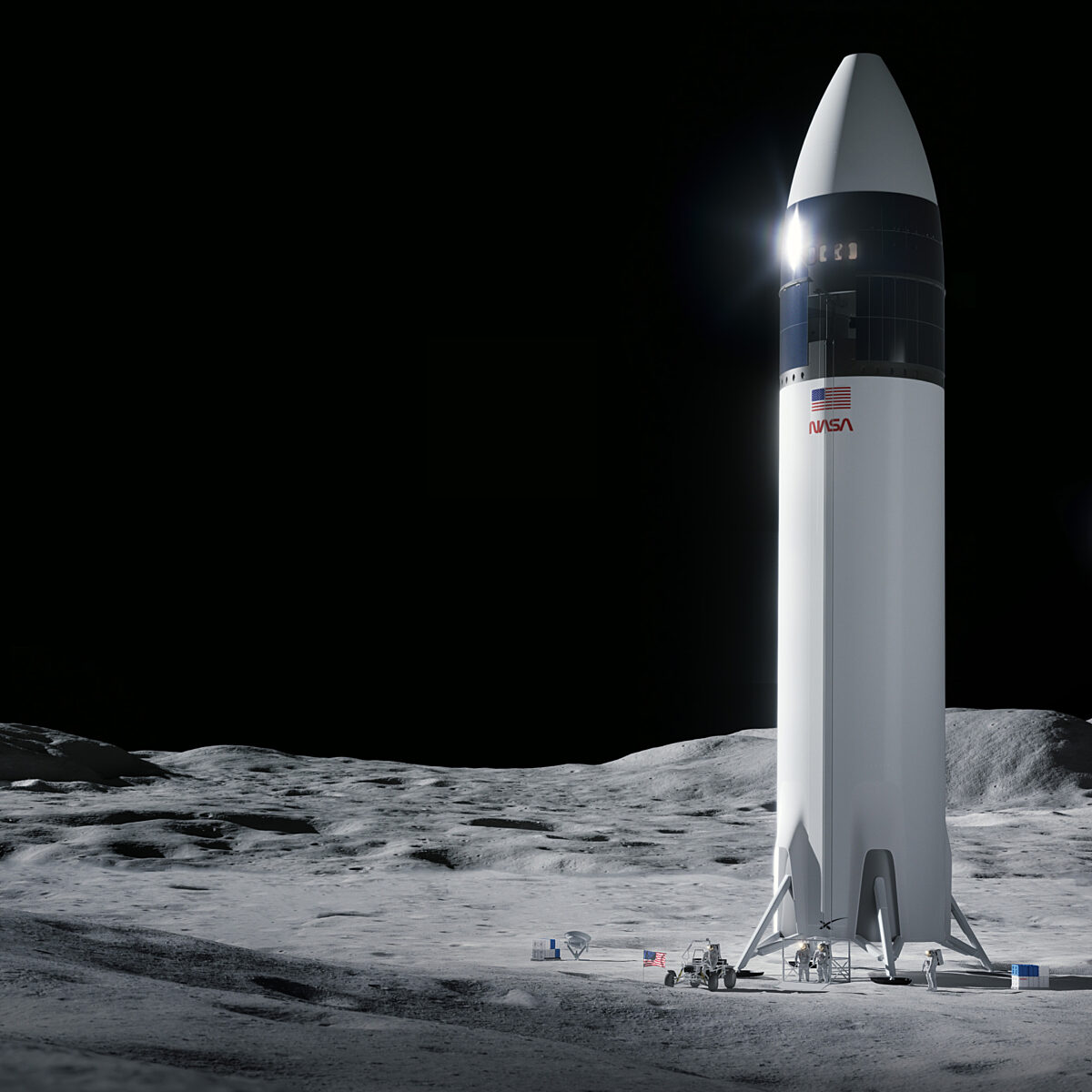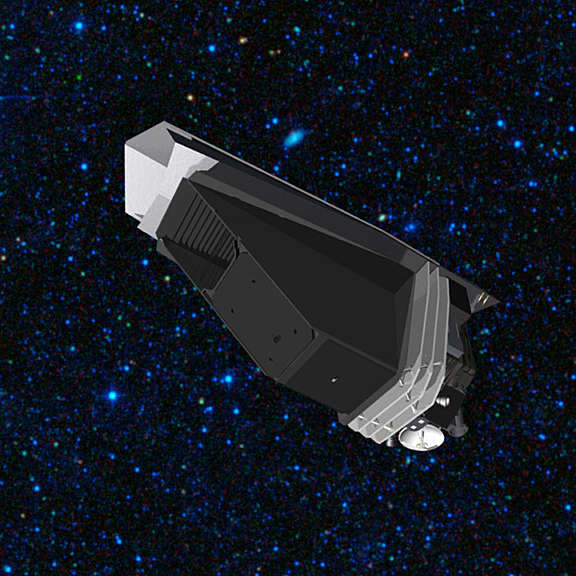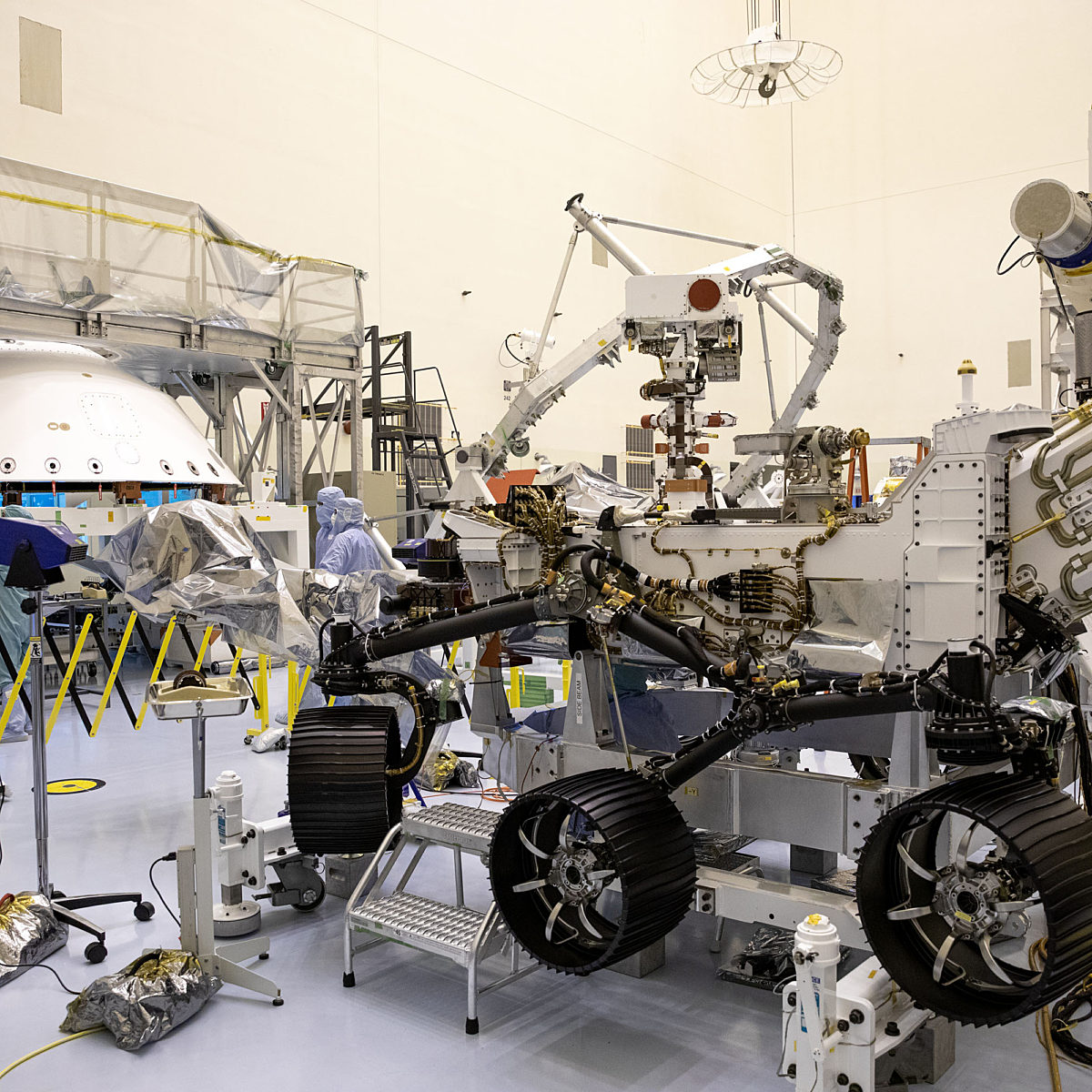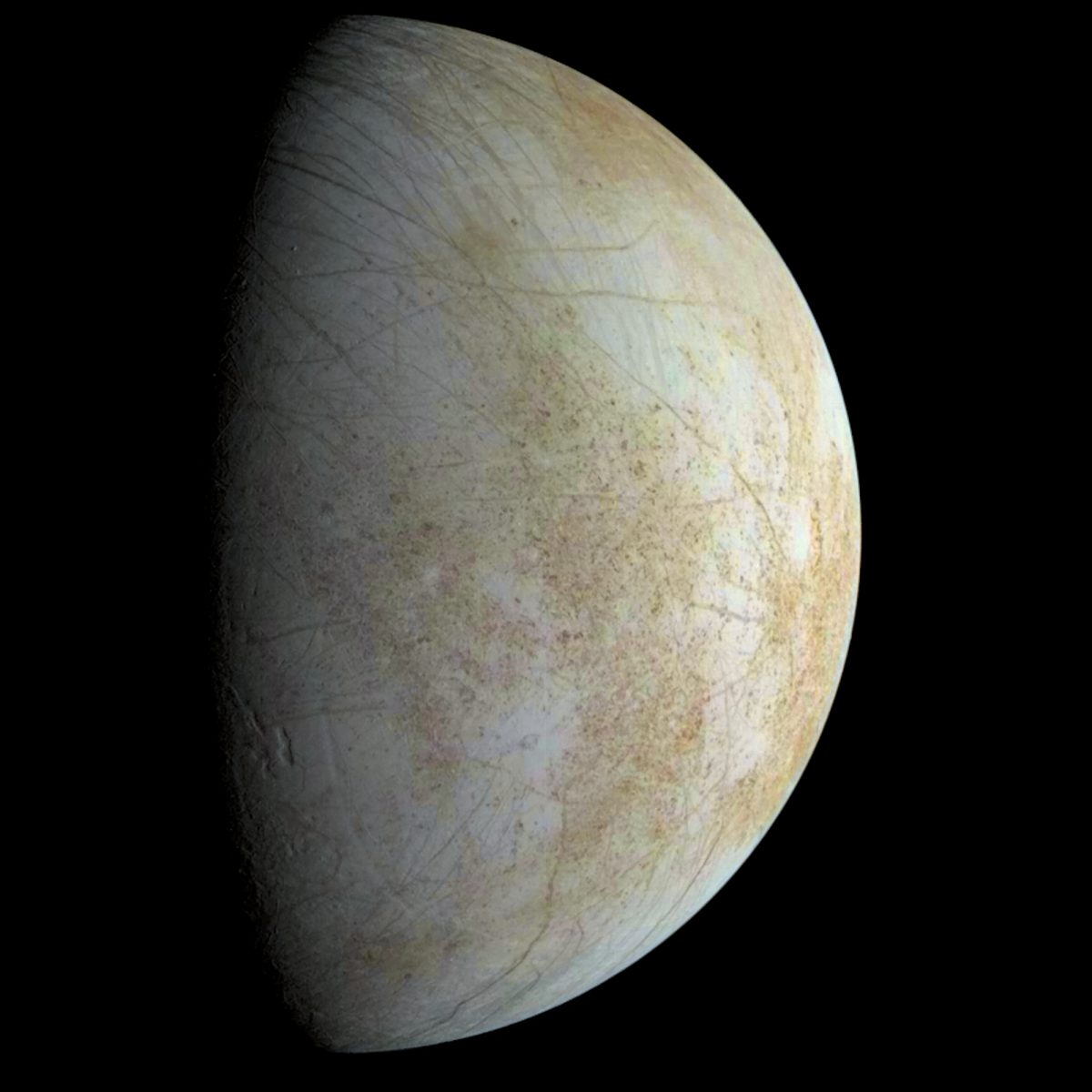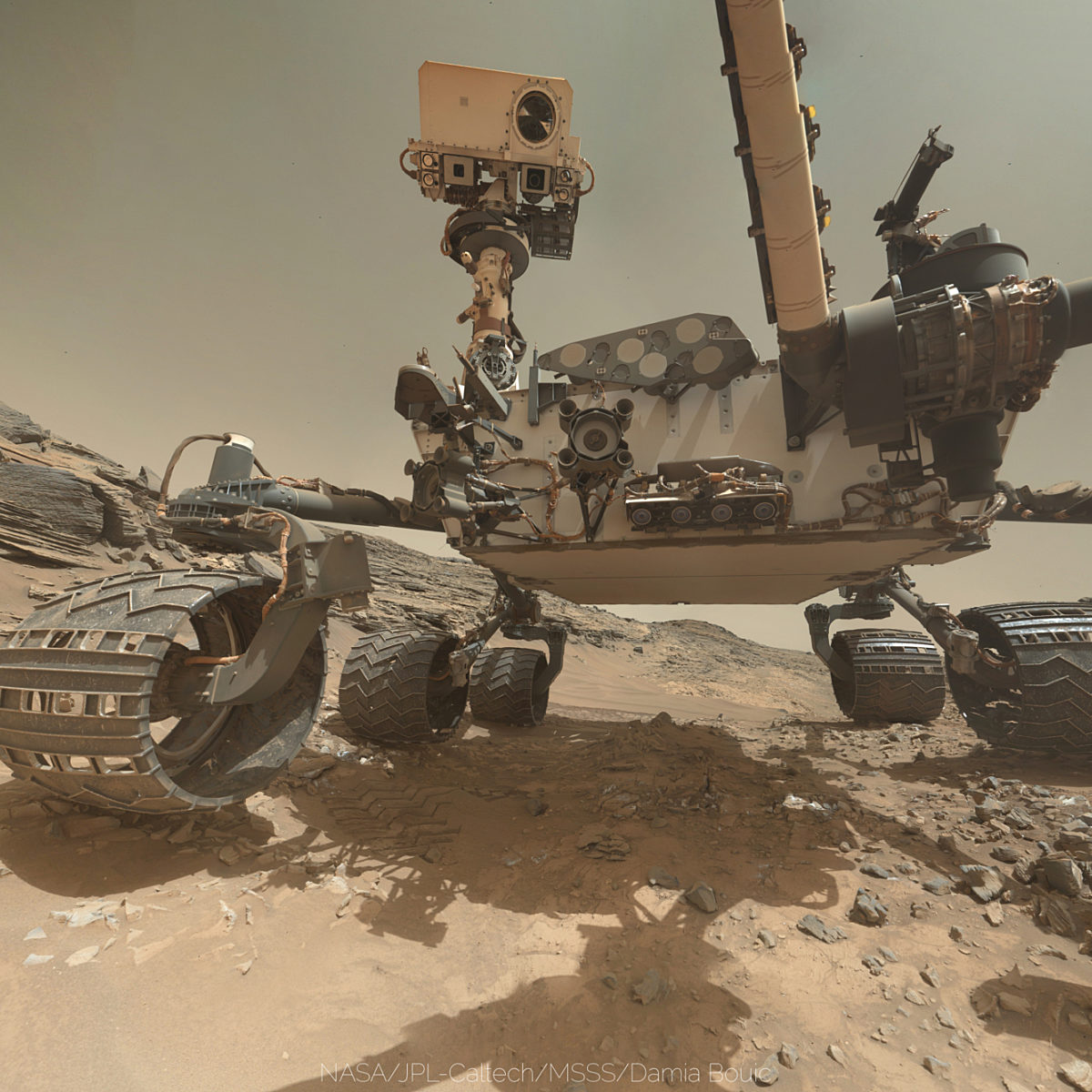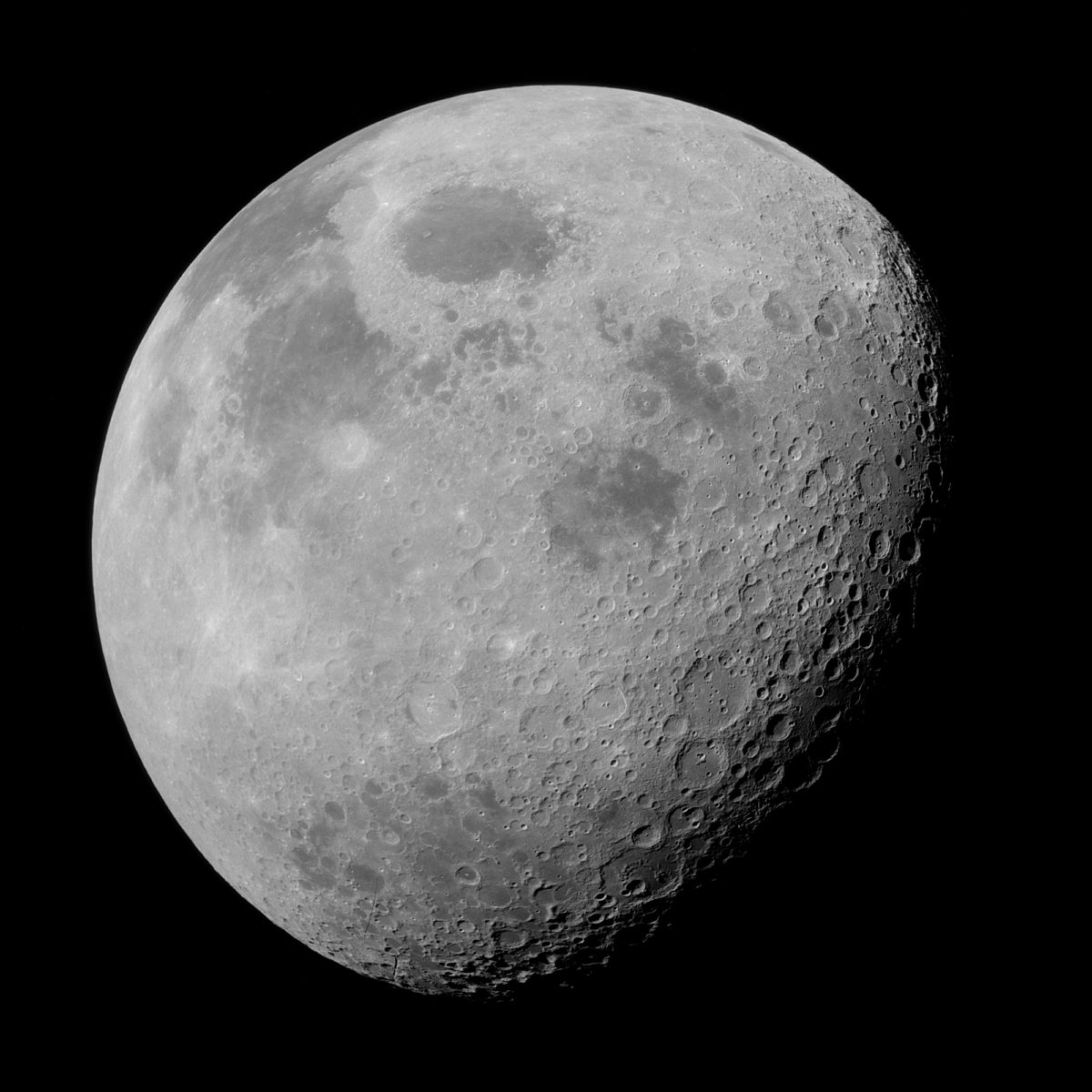All
All
Stories, updates, insights, and original analysis from The Planetary Society.
Another Day in Action
115 members of The Planetary Society from 33 states met with 161 congressional offices to support space science and exploration in 2022.
Why we do the Day of Action
It's the most effective way to advocate for space. It also connects members of The Planetary Society with shared dreams for the future.
Your Guide to the 2020 Astrophysics Decadal Survey
A massive space telescope to search for signs of life on hundreds of Earth-like exoplanets is the official recommendation of the U.S. astronomy community.
How much does the James Webb Space Telescope cost?
Find annual expenditures, charts, and comparisons for NASA's expenditures on the James Webb Space Telescope, including contributions from the European Space Agency and the Canadian Space Agency over the same period.
Why we need plutonium power for space missions
Spacecraft need power to reach the dark, dusty, distant locales of our solar system. Safe, non-weapons-grade plutonium-238 provides that power when solar energy can't cut it.
Biden's 2022 NASA Budget Says Yes to Pretty Much Everything
This is the 2nd-largest budget proposal for the space agency in 25 years. It embraces a broad set of NASA programs, including Artemis to the Moon, important science initiatives, and a healthy space technology effort.
Why NASA Picked SpaceX to Land Humans on the Moon
NASA picked SpaceX's Starship to land humans on the Moon as part of the agency's Artemis program. The decision will help humans land on Mars.
Space Advocates, Assembled
The 2021 Day of Action brought together 145 Planetary Society members from 30 states with 167 congressional offices.
Congress Comes Through for NASA Science, But Not Artemis
Planetary Society priorities, including Mars Sample Return and the Roman Space Telescope, were funded by Congress in its NASA budget. But Project Artemis's human landing system received only a fraction of its requested amount, pushing a return to the Moon further into the 2020s.
NASA Abruptly Delays a Critical Planetary Defense Mission
A space telescope that would find thousands of potential "city-killer" size asteroids was abruptly delayed due to unspecified and unrelated funding issues within NASA's science division.
What's the post-election outlook for NASA and planetary exploration?
What does the political landscape look like for NASA and for The Planetary Society's 3 core enterprises of planetary exploration, the search for life, and planetary defense after the U.S.'s 2020 federal elections?
Did Scientists Just Find Life on Venus? Here's How to Interpret the Phosphine Discovery
A Venusian biosignature, if confirmed, does not guarantee life, but it does represent a compelling argument for further exploration.
The Cost of Perseverance, in Context
Disney’s global box office revenue for Avengers. The amount of money Google makes in 6 days. The cost of NASA's Perseverance rover is less than you might think.
Our Submissions to the Planetary Science Decadal Survey
Advocating for space at every step in the process, The Planetary Society submitted two papers to the forthcoming planetary science decadal survey—one on the search for life and one on the importance of planetary defense.
NASA's Commercial Crew Program is a Fantastic Deal
NASA's commercial crew program stands to be the agency's lowest-cost human spacecraft effort in nearly 60 years.
Dive deep into the history of planetary exploration funding
This unique, comprehensive dataset includes the full budget history, by year, of every NASA planetary science mission and related activities.
Two Mars Missions Are Gutted Despite Near-Record Funding for Planetary Science
A new budget submission from the White House would continue record-high funding for planetary science, but proposes deep cuts to 2 productive Mars missions and defers funding for deep space telescope dedicated to finding hazardous near-Earth objects.
161 meetings. 115 members. 28 states. 1 Day of Action.
More than one hundred Planetary Society members from near and far advocated for space science and exploration in Washington, D.C. on 10 February 2020.
Is the Moon a Stepping Stone or a Cornerstone for Mars?
New legislation proposed in the House of Representatives would radically shift NASA's human spaceflight efforts away from the Moon and back to Mars.
NASA Rings in the New Year with $22.6 billion
NASA's final 2020 budget rejected every major cut proposed by the Trump Administration, increased funding for popular congressional projects such as the Space Launch System, and underfunded several key administration proposals, including a human-qualified lunar lander and low-Earth orbit commercialization projects.


 Explore Worlds
Explore Worlds Find Life
Find Life Defend Earth
Defend Earth


 Sun
Sun Mercury
Mercury Venus
Venus Earth
Earth Mars
Mars Jupiter
Jupiter Saturn
Saturn Uranus
Uranus Neptune
Neptune Small Bodies
Small Bodies





